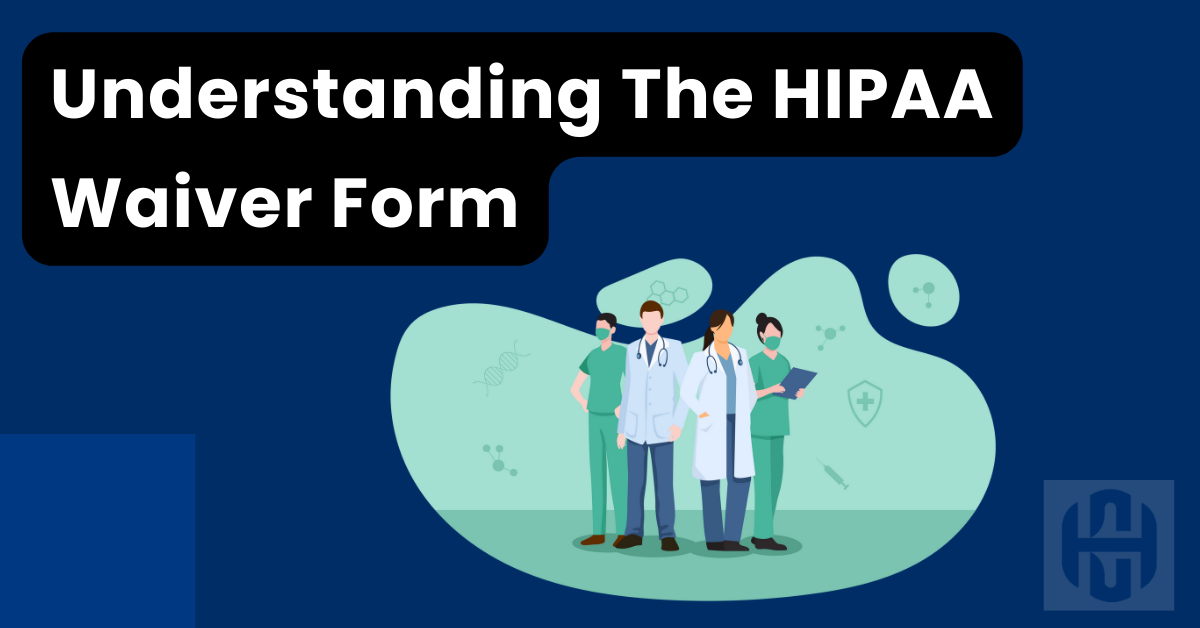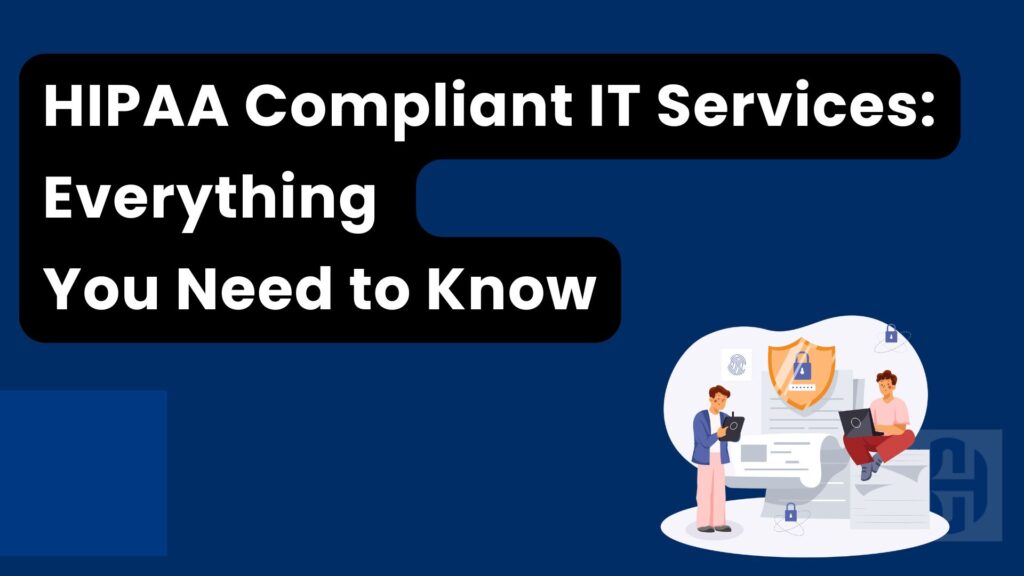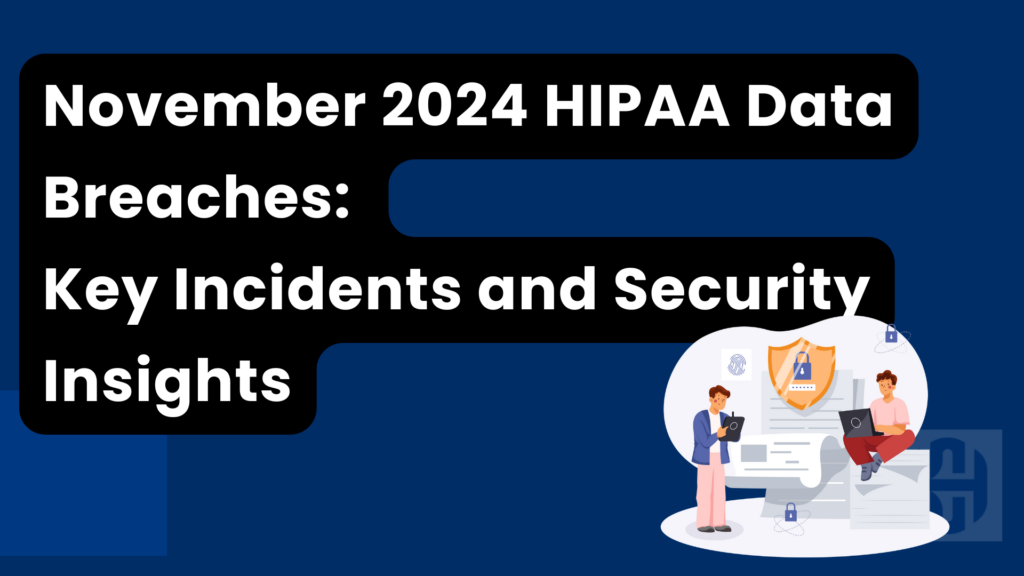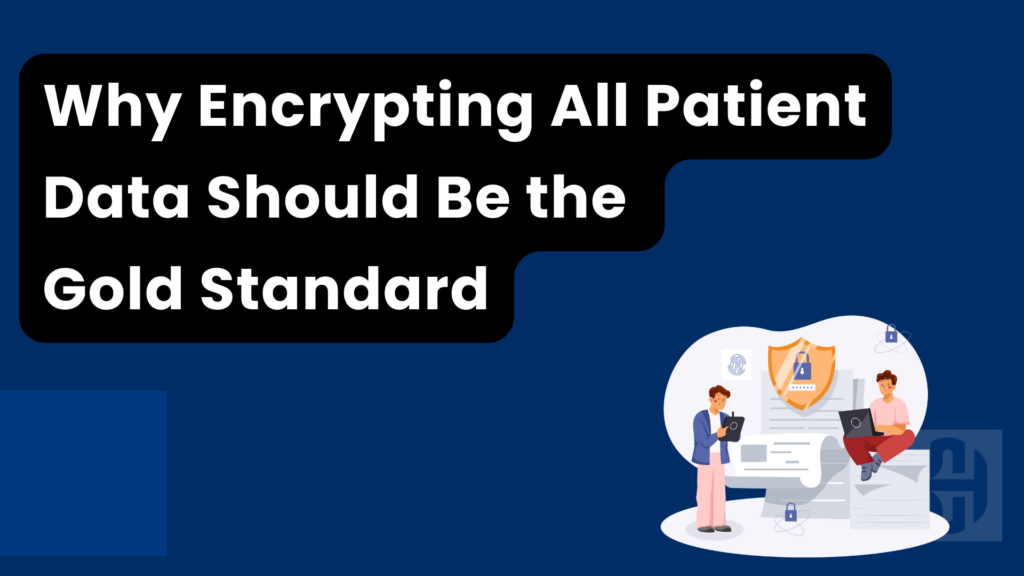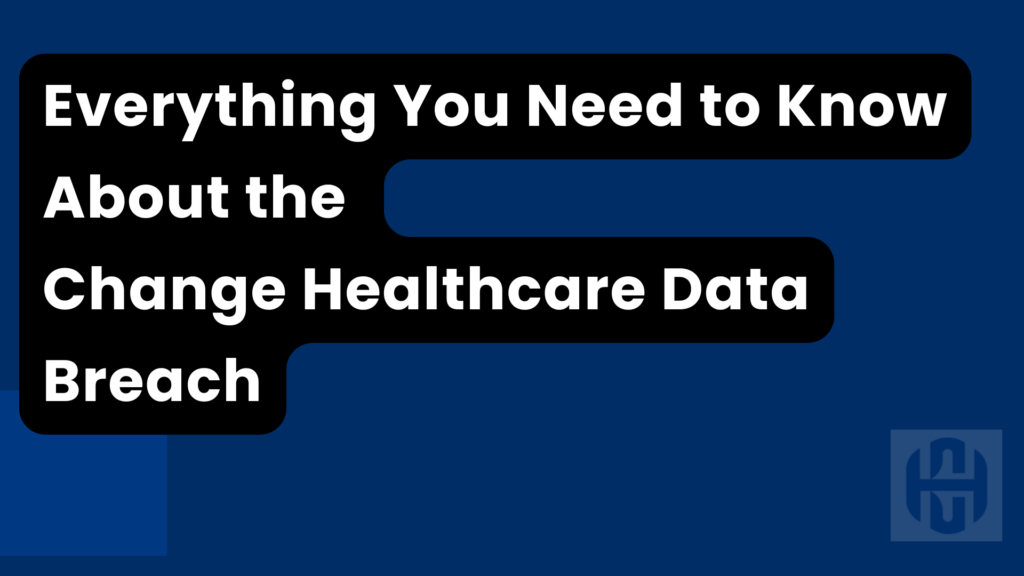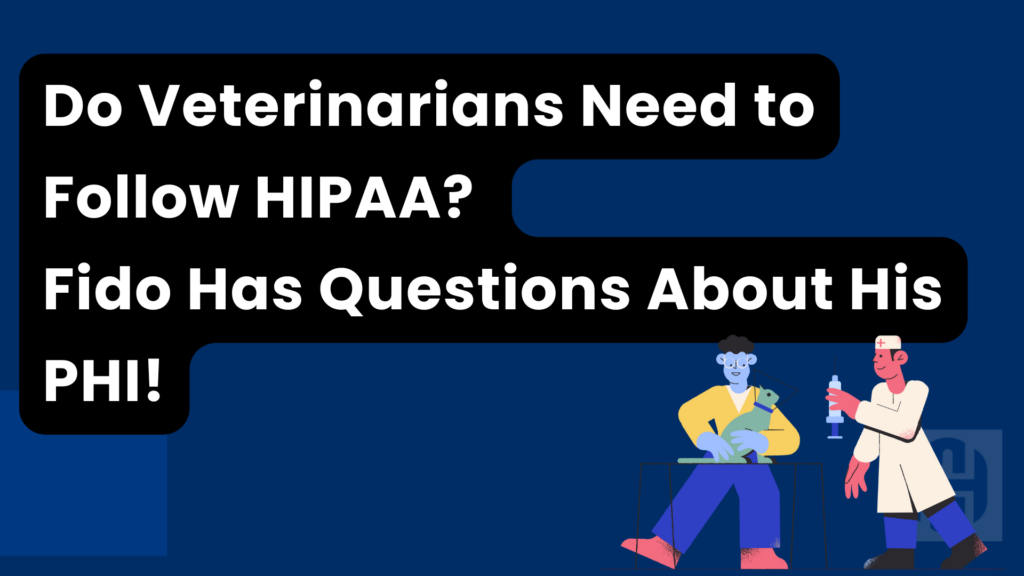Introduction
The Health Insurance Portability and Accountability Act (HIPAA) sets strict regulations for the protection of protected health information (PHI). However, there are circumstances where it may be necessary to waive certain HIPAA requirements. This is where the HIPAA waiver form comes into play. This article explores what a HIPAA waiver form is, when it can be used, its components, and best practices for handling these forms.
What is a HIPAA Waiver Form?
Definition
A HIPAA waiver form is a document that allows healthcare providers and other entities to use or disclose PHI in ways that would normally require patient authorization, under specific conditions. This waiver can be crucial in situations such as research, emergencies, or public health activities.
Purpose
The purpose of the HIPAA waiver form is to facilitate the use and disclosure of PHI in special circumstances while still adhering to the fundamental principles of HIPAA. It balances the need for information access with the obligation to protect patient privacy.
When Can a HIPAA Waiver Form be Used?
Research Purposes
One of the primary uses of HIPAA waiver forms is in research. Researchers may need access to PHI to conduct studies that could lead to significant medical advancements. The Institutional Review Board (IRB) or Privacy Board can grant a waiver if the research meets certain criteria, such as minimal risk to participants and the impracticability of conducting the research without the waiver.
Emergency Situations
In emergencies, healthcare providers may need to share PHI quickly to provide timely care. A HIPAA waiver form can facilitate the disclosure of necessary information without the usual administrative delays.
Public Health Activities
Public health authorities may require access to PHI to track diseases, investigate outbreaks, or monitor health trends. A HIPAA waiver form can allow these activities to proceed without individual authorizations, provided the disclosures are in the public interest.
Other Situations
Other situations where a HIPAA waiver form may be used include judicial proceedings, law enforcement purposes, and specific healthcare operations where obtaining patient consent is impractical.
Key Components of a HIPAA Waiver Form
Patient Information
The form should include the patient’s name, date of birth, and other identifying information to ensure the correct individual’s PHI is being addressed.
Purpose of the Waiver
Clearly state the purpose for which the PHI is being requested. Whether it’s for research, public health, or emergency care, the reason must be specified.
Description of the PHI to be Disclosed
Outline what specific information will be disclosed. This could include medical records, test results, treatment plans, or other relevant data.
Expiration Date
Include an expiration date for the waiver. This ensures that the waiver is only valid for a specific period and that PHI is not disclosed indefinitely.
Signatures
The form must be signed by the patient or their legal representative, and by the individual or entity requesting the waiver. This ensures that both parties acknowledge and agree to the terms of the waiver.
Legal and Ethical Considerations
Institutional Review Board (IRB) Approval
For research purposes, obtaining IRB or Privacy Board approval is mandatory. These boards review the waiver requests to ensure that the rights and welfare of participants are protected.
Minimum Necessary Rule
Even with a waiver, the “minimum necessary” rule applies. This means only the minimum amount of PHI necessary to achieve the purpose should be disclosed.
Documentation and Record Keeping
Maintain thorough documentation of all HIPAA waiver forms. This includes the rationale for the waiver, the information disclosed, and the duration of the waiver. Proper record-keeping is essential for compliance audits and legal protection.
Best Practices for Handling HIPAA Waiver Forms
Educate Staff
Ensure that all staff members are trained on the proper use and handling of HIPAA waiver forms. They should understand when a waiver is appropriate and how to process it correctly.
Standardize Forms
Use standardized forms for HIPAA waivers to ensure consistency and completeness. This helps prevent errors and omissions that could lead to compliance issues.
Regular Audits
Conduct regular audits of HIPAA waiver forms and processes. This helps identify any gaps or weaknesses in your compliance efforts and provides an opportunity to make necessary improvements.
Secure Storage
Store HIPAA waiver forms securely, both physically and electronically. Access to these forms should be restricted to authorized personnel only.
Case Studies
Research Scenario
A hospital research team is conducting a study on the effectiveness of a new treatment for diabetes. They need access to patient records to gather data. The IRB reviews their application and grants a HIPAA waiver, allowing them to access the necessary PHI without obtaining individual patient consents.
Emergency Situation
During a natural disaster, a healthcare provider needs to quickly share PHI with emergency responders to ensure patients receive appropriate care. A HIPAA waiver form allows the immediate disclosure of critical information, facilitating timely and effective treatment.
Public Health Investigation
A public health department is investigating a potential outbreak of a contagious disease. They need to access patient records from various healthcare providers to track the spread and identify affected individuals. A HIPAA waiver form enables them to obtain the necessary information swiftly, helping to control the outbreak.
Conclusion
HIPAA waiver forms play a crucial role in enabling the use and disclosure of PHI under special circumstances while maintaining compliance with HIPAA regulations. They are essential tools for researchers, emergency responders, and public health officials. By understanding the purpose, components, and proper handling of these forms, healthcare organizations can balance the need for information access with the obligation to protect patient privacy. Using best practices and maintaining thorough documentation ensures that HIPAA waiver forms are used appropriately and effectively, safeguarding both patient rights and organizational compliance. Still have questions? Contact HIPAA Certify to answer your questions and provide HIPAA compliance support.
